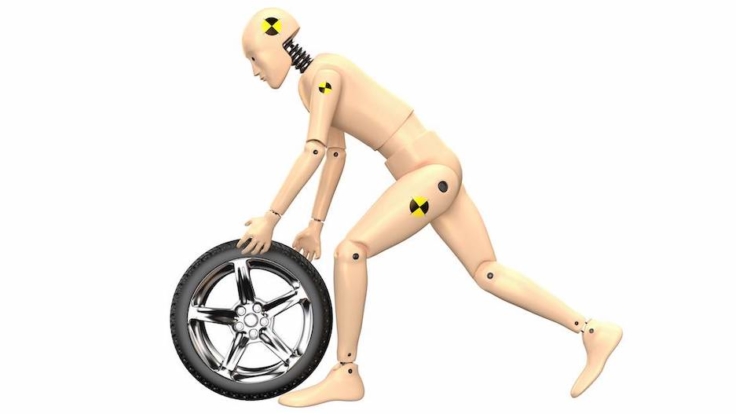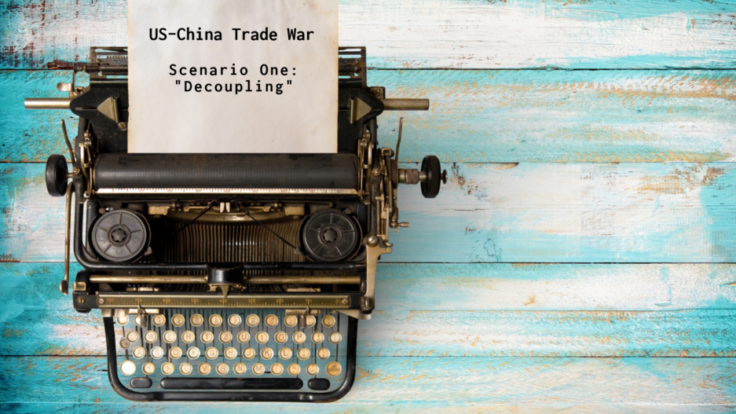Driving Congress to Act on National Security Tariffs
Imported autos are being targeted with tariffs for “national security” reasons – but why? Congress introduced bipartisan bills to restrain the administration’s use of Section 232 tariffs. In a still-confidential 2019 report, the Department reportedly found that imported autos like the Volkswagon GTI “threaten to impair the national security” and recommended that the president impose tariffs as high as 25 percent.







